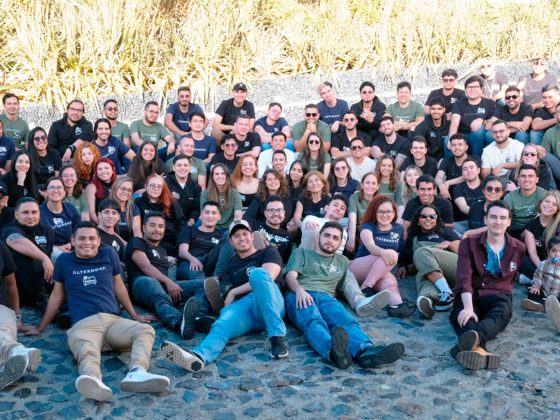Finance professionals face a shifting landscape where technology moves faster than traditional training can keep up. The question isn’t whether AI will change finance, it’s whether the next generation of leaders will be ready for it. Dave Sackett, a keynote speaker for AI and Finance and writer with Forbes Finance Council, has spent his career connecting finance with emerging technologies. Through his work as CFO and advisor to several tech companies including Chatfin AI and Hyperbots, he’s developed a clear view on what it takes to mentor AI literate finance leaders.
Start With Mindset, Not Just the Tools
Most people get mentoring backwards. They jump straight into software tutorials and technical training, missing what actually matters. “When mentoring young finance professionals, the first step is mindset,” he explains. “AI isn’t just another piece of software. It’s a shift in how we think about solving problems.” Sackett pushes his mentees to question everything instead of accepting processes as they are. “I always encourage mentees to be curious, and I’m curious myself,” he says. Ask how a task can be automated, what data is needed to make better decisions, or how AI can reduce friction in an already built process. “It’s not about knowing Python and ChatGPT right off the bat. It’s cultivating curiosity and learning how these tools can make finance smarter, faster, and more strategic.”
Lead by Example with Practical Use Cases
Theory only goes so far. “The best way I learn is through demonstrated cases. So the best way to teach is to show,” he notes. He walks mentees through how AI already transforms finance work, whether that’s using machine learning for cashflow forecasting or intelligent robotic process automation for accounts payable and monthly closes. Real examples make all the difference. Sackett shares cases from his own work, such as using AI to streamline reporting cycles from days down to hours. “When they see AI in action, it becomes less intimidating and more empowering,” he explains. Young finance professionals stop seeing the technology as a threat and start recognizing it as a practical tool they can actually use.
Teach the Soft Skills Behind the Technology
Technical skills only tell half the story. “AI literate leaders don’t just understand the tools, they know how to work with people,” Sackett points out. Many mentorship programs miss this completely, focusing so much on the technical side that they forget about the human element. He emphasizes servant leadership, which stresses listening, collaboration, and adaptability. These soft skills become critical when teams go through change. He works with mentees on asking the right questions, communicating with stakeholders, and leading with empathy. “AI may drive the data, but it’s the people who drive the outcomes.”
The finance industry can’t wait for perfect conditions or ideal training programs. “Mentoring the next generation of AI literate finance leaders isn’t about teaching technology or looking at a book,” Sackett says. “It’s about developing strategic, adaptable thinkers who are ready to lead with confidence in a tech forward world.” His call to action is straightforward. “Let’s not just adapt to the future of finance, let’s shape it and change it.” For those in position to mentor, start today. For those seeking guidance, find someone who can show what’s possible. The path forward requires both technical knowledge and human skills, bringing them together in a way that actually works.
Connect with Dave Sackett on LinkedIn to explore his insights on AI-driven finance leadership.










